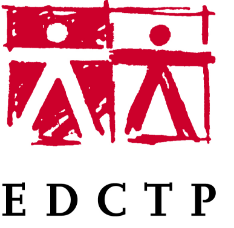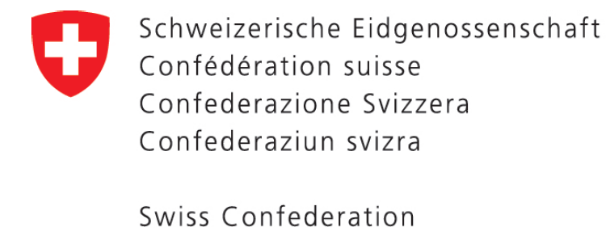Major milestone in Africa’s first-ever study assessing malaria treatments in early pregnancy
- Through the SAFIRE consortium, experts from Africa and Europe are closing a critical treatment gap for women in early pregnancy.
- Each year, over 12 million pregnant women are exposed to malaria in sub-Saharan Africa.
- Findings will inform global malaria treatment guidelines and help expand treatment options for pregnant women.
Geneva, Switzerland 1 October 2025. The Safety of Antimalarials in the FIRst trimEster (SAFIRE) consortium has enrolled its first patient in Mali, marking the official start of the first-ever Phase 3 adaptive platform trial evaluating the efficacy and safety of antimalarial drugs in the first trimester of pregnancy.
An Africa-Europe partnership, SAFIRE is addressing long-standing gaps in malaria research and treatment for pregnant women, who have been systematically excluded from drug development programmes, depriving them of newer, better treatments. By challenging the status quo – which has traditionally sought to protect this group of patients from clinical research, rather than informing decisions through research – the consortium hopes to expand treatment options for this group of patients and ensure their inclusion in the development of future therapeutics.
SAFIRE’s Phase 3 Bayesian adaptive platform trial will compare the efficacy, safety and tolerability of two common artemisinin-based combination therapies (ACTs) – pyronaridine-artesunate (PA) and dihydroartemisinin-piperaquine (DP), which are both approved for the general population but lack sufficient data for use in early pregnancy – to artemether-lumefantrine (AL), the only ACT currently recommended by the World Health Organization (WHO) for use in the first trimester.
“To advance the malaria elimination agenda in a meaningful and sustainable manner, properly tolerated and effective options must be made available to everyone at risk of malaria, including pregnant women,” says Myriam El Gaaloul, SAFIRE co-Principal Investigator & MiMBa Lead at Medicines for Malaria Venture (MMV). “Enrolling the first patient into the SAFIRE trial is a decisive step forward that will help pave the way towards a more just and equitable future in the fight against this disease.”
Ethics approvals clear path for more inclusive research
The successful enrollment of SAFIRE’s first patient follows extensive preparation by partners to secure ethics clearances and regulatory approvals in Mali, Burkina Faso and Kenya, where the trial is being conducted. Ethics clearance has been granted in all three countries, with regulatory approvals already obtained in Mali and Burkina Faso, and expected soon in Kenya ahead of its recruitment phase, set to commence by the end of the year.
“The SAFIRE trial will, on one hand, fill the ethical gap of excluding pregnant women from clinical trials, and on the other hand, provide the necessary information to increase therapeutic options in the guidelines for the management of malaria in all stages of pregnancy, thus contributing to reducing the unacceptable burden of malaria among pregnant women,”says SAFIRE’s co-Chief Investigator Prof. Kassoum Kayentao of The Université des Sciences, des Techniques et des Technologies de Bamako (Mali).
A key step in the consortium’s preparation was conducting formative research to ensure recruitment strategies and participant materials were culturally appropriate and reflected the realities of local communities. “The formative research we conducted as part of community engagement was key in understanding socio-cultural beliefs and barriers that could hinder the recruitment and retention of participants. It allows us to leverage facilitators and co-design appropriate messages targeted at pregnant women and communities. Moving forward, we remain committed to maintaining this engagement to foster trust and successful collaboration,” says Dr Innocent Valea, co-Principal Investigator of SAFIRE from The Institut de Recherche en Sciences de la Santé (Burkina Faso).
Next steps: recruitment, monitoring and safety oversight
The SAFIRE trial is recruiting women in the first trimester of pregnancy with a malaria infection. Participants will be treated with one of the three ACTs and receive follow-up care throughout their pregnancy until delivery, while their newborns will be followed for up to six months after birth.
As the study progresses in Mali, Burkina Faso and Kenya, the Safety Review Team and independent Data and Safety Monitoring Board, with the support of an independent Global Medical Monitor, will closely track maternal, foetal and newborn safety data to protect participants and ensure the scientific integrity of the trial.



